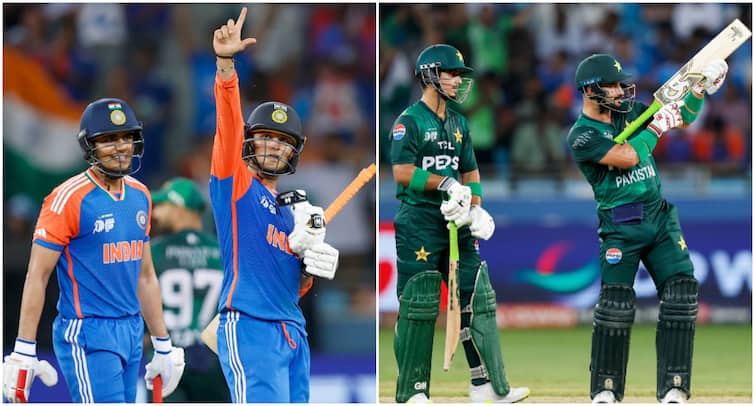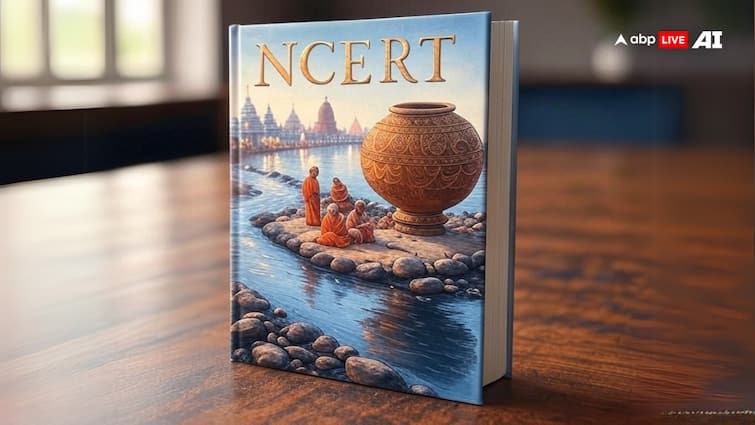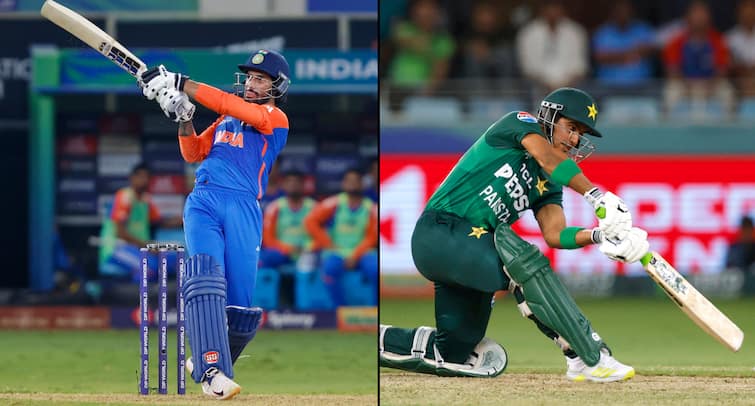Since the now-infamous handshake controversy on September 14, India-Pakistan clash has transformed into something far larger than cricket. When the two sides meet in Dubai on September 28 for the first-ever Asia Cup final, the contest will carry the weight of politics, pride, and history -far beyond runs and wickets.
For those who claim “sport should not mix with politics,” history proves otherwise. Throughout the 20th century, global sporting arenas – most notably the Olympics – often doubled as battlegrounds for geopolitical rivalries, with the USA and USSR using medals as proxies for military strength. India and Pakistan have done the same through cricket for decades.
The rivalry is not defined by cover drives or yorkers. Instead, it thrives on symbolism. Venkatesh Prasad’s spat with Aamer Sohail in 1996 remains etched deeper in memory than Sachin Tendulkar’s six off Shoaib Akhtar in 2003.
Rising Tensions
For a while, players themselves tried to treat it as just another match. But the calm didn’t last. This year’s Asia Cup has reignited old fire. Calls for boycotts preceded the tournament, and the refusal of Indian players to shake hands after their September 14 win triggered a storm. Pakistan’s frustration spilled over, with complaints lodged against match referee Andy Pycroft.
Then came on-field flashpoints: Sahibzada Farhan’s “gun salute” celebration, fiery follow-throughs from Shaheen Afridi and Haris Rauf, and retaliatory words from Indian openers Abhishek Sharma and Shubman Gill. Haris escalated further, gesturing about the aerial skirmish between the two nations – a reminder of how contested narratives of conflict bleed into sport.
Losing Not an Option
Now, the final is no longer being seen as a cricket contest. Politicians have waded in, fans demand aggression, and both sides expect nothing less than raw hostility. The Asia Cup trophy itself feels secondary.
This is the first India–Pakistan Asia Cup final, yet no one talks about history being made on the field. Instead, the narrative is about dominance, pride, and a rivalry where defeat is simply not an option.



